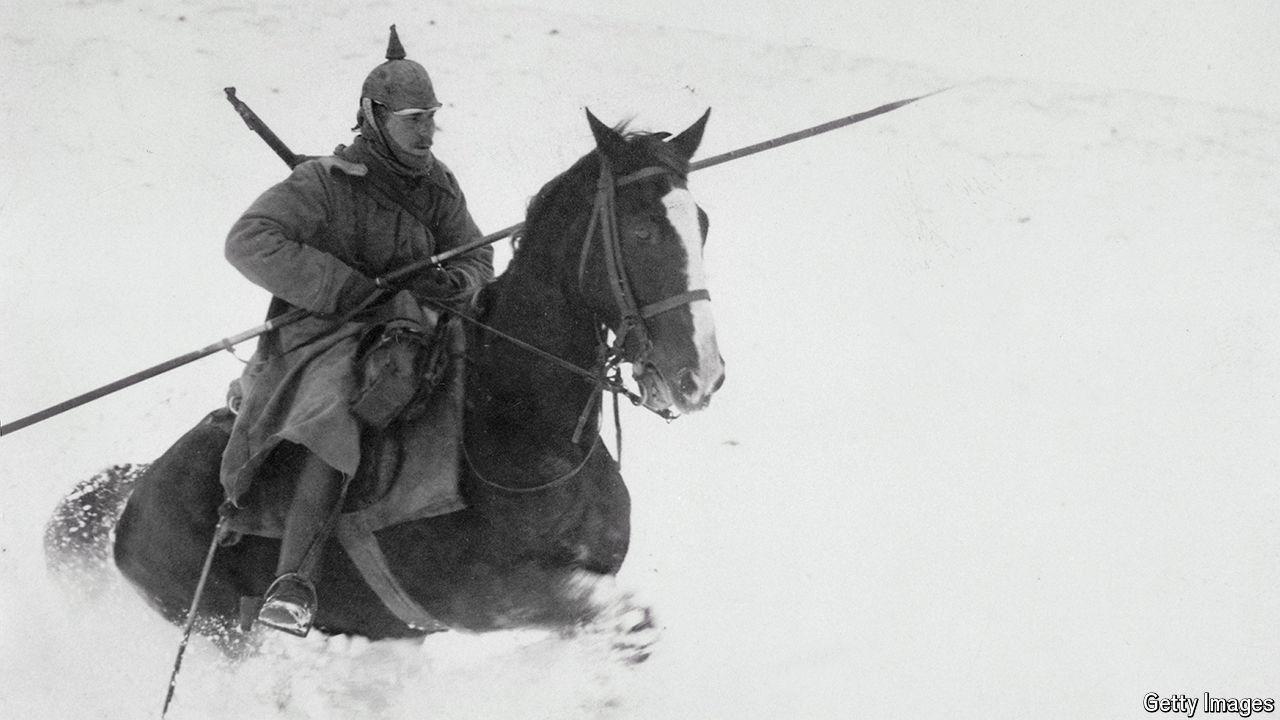
Cavalryman on a patrol during WW1.
2024-04-18 词
Just 29 years old, Karl I was desperate to lead Austria-Hungary out of the first world war. He was crowned as Habsburg emperor in November 1916 after the death of his great uncle, who had ruled for 68 years. Though the empire had been instrumental in starting the conflict following the assassination of its archduke, Franz Ferdinand, in June 1914 by a militant Serb nationalist, now Karl could see only the nightmarish cost. Austria-Hungary’s increasingly ramshackle, polyglot army had suffered devastating losses at the hands of Aleksei Brusilov, a Russian general, five months earlier. To function it depended on its ally, Germany. Vienna was starving. But secret peace talks went nowhere, and Austria-Hungary was dragged limpingly along in Germany’s wake to disaster.
经济学人和华尔街日报的文章是会员专属
请加入会员以继续阅读完整文章
成为会员后您将享受无限制的阅读体验,并可使用更多功能
免责声明:本文来自网络公开资料,仅供学习交流,其观点和倾向不代表本站立场。